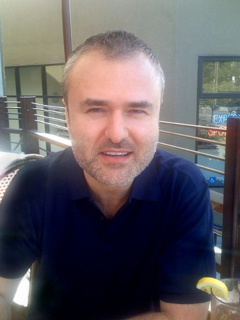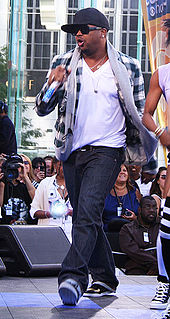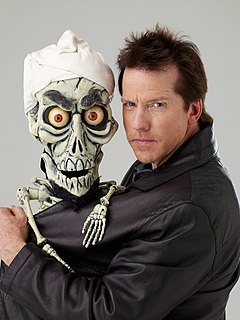A Quote by Harrison Salisbury
Journalism students need to understand it and need a solid background in the liberal arts, in sociology, economics, literature and language, because they won't get it later on.
Related Quotes
If children are hungry, they need to be fed. It's hard to learn if your stomach is growling. We need to take that on. If students can't see the blackboard, need eyeglasses, we need to do that. If students need a social worker or counselor to work through the challenges they're facing at home in the community, we need to do that.
For some students, especially in the sciences, the knowledge gained in college may be directly relevant to graduate study. For almost all students, a liberal arts education works in subtle ways to create a web of knowledge that will illumine problems and enlighten judgment on innumerable occasions in later life.
We do not need to understand economics in order to experience the benefits of freedom of exchange and production. But we may very well need to understand economics in order to sustain and maintain the institutional framework that enables us to realize the benefits that flow from freedom of exchange and production.
It is difficult to disturb the common usage of Korean that is bent to the perspective of a male-oriented society. Korean society is based on both a politics and history that have been disguised as a solid society of solid male poems, a solid written language, fixed rules of how to write literature, and a narrative language.
When I was in Wuhan, I went to the art school, which was one of the most important art schools in China, an enormous art school. One of the things that I saw is that the schools are very big and there are so many students. It is very difficult to me to teach creative activity to great numbers of people, because I think you need personal contact with students, you need to speak individually, you need individual contact between teachers and students, you need continuity. To me this is a problem in mass education in every society now.
































